Those who casually watch martial arts films might assume that they’re just voyeuristic fun, a fun visual power trip that you never have to think too hard about. But would they say the same thing about films involving dance? Not likely. Interpretive dance can be artful and can say so much in so few movements and with such little dialogue.
So what’s the difference between dance and martial arts? Well, nothing in particular. That’s why the best martial arts films showcase incredible choreography that both stuns and impresses. In this post, we aim to give something of an ode not to any specific martial arts films, but to the life lessons some of the best among them can teach us.
After all, a martial arts protagonist is usually more than just a simple cardboard figure, as it takes depth and substance to throw yourself into such danger with such focus. Let’s discuss why this enduring genre still holds our imagination to this day, by discussing the life lessons a great martial arts flick can teach us:
Patience, Discipline & Focus
Unless it’s a comedy movie such as how Jackie Chan often fights with almost anything to hand and bases scenes around that, t’s rare for a martial arts hero to be a wild, undisciplined fighter, letting loose without thought or plan. The greatest fighters are patient, disciplined, and know exactly when to strike with a vengeance. This reflects a larger life lesson: that mastering anything takes time, patience, and a clear focus on the task at hand.
Training sequences in martial arts films, whether they’re montages to hype you up or entire acts, often show progression through sacrifice. We often find that in those details excellence is formed, and that’s true for any craft you’re working on in your own life. Watching someone develop into a master through discipline is not only satisfying but can give you the confidence to do something that worries you, like throwing your all into that business presentation this week, and if it doesn’t go off without a hitch, learning more for next time.
A Respect For Nature & Art
Martial arts films will often showcase the connection between fighter and their lovely environment, and this is especially true of Asian films. If you’re connected to nature, that’s like to an artist honoring their craft. It can inspire you to get out in nature and meditate, or even work on your garden, no matter if you’re pruning a tree or using a weed eater, it all counts.
For example, in films like Crouching Tiger, Hidden Dragon, the balance between movement and setting in nature defines amazing scenes. Sure it’s unrealistic for characters to glide through treetops or leap across rooftops, but we go along with it because it feels like the magic of nature, to the point where the illogical sense actually improves the imaging. That speaks to a real connection to and for the natural world. It’s no accident that great fighters are not just fighters in these film, but will often recite poetry, sit down to do calligraphy, or just read. It shows that being excellent even in a physical sense requires the ability to be soft and pensive. You could learn much worse lessons than that.
A Respect For Any Opponent
No matter what the opponent is, the best martial arts characters are rarely dismissive or arrogant in their approach to them, and if they are, they tend to learn why that was a mistake. The respect shown to challengers often defines their honor, because fighting isn’t always about defeating someone else, but about meeting the challenge and combining two arts. That’s why we often have our hearts in our mouths when we see the final sequences of The Raid or care so much about the final fight.
We can learn this lesson in our own life to balance ourselves with a quiet humility, because in any area of life, understanding that any opponent, no matter how you might regard them, can surprise you. This can be understood in practical terms like not necessarily letting your road frustration get the better of you, but also in competing at work for that promotion, or teaching your child to respect the other sports team.
The Need For Courage, Even In Hopeless Situatons
Life can be very tough, in reality, and in a film. To make the plot interesting, martial arts films often show their heroes facing unbelievable odds, especially where victory seems impossible. In those moments, we see defines a true martial artist is the courage to face the battle anyway. That doesn’t mean being silly and taking on any challenge, but having the courage to do the right thing in a tough situation.
This kind of bravery isn’t exclusive to martial arts of course, but the genre portrays that perhaps better than any other because a fight is perhaps the most primal thing we as humans understand. Sure, most of us don’t have to engage people in physical battle anymore, and that’s for the better, but it might simply involve having the courage to deal with someone treating you poorly at work, or learning to stand up for yourself even in tough times. These aren’t bad lessons to learn and practice.
Becoming Wiser & More Attentive With Age
One of the awesome elements of martial arts movies is that they’re rarely dismissive of age. Think of Mr Miyagi, an older gentleman who was still as inspired, attentive, focused and wiser for his years. As such, many martial arts films celebrate the wisdom that comes with age. You see it in the masters who have long stopped fighting for the sake of ego but now engage only when necessary (a bit of a cliche, but it works), or a guide who helps a young person see virtue in martial arts. We even have newer films taking on the subject with real sensitivity.
As such, age in these films isn’t portrayed as a weakness but as an asset, something to appreciate. We all get older, and not everyone handles that gracefully. Allowing yourself to do that can be a lesson you keep with you, that maturing like a fine wine (we would have said sake here, but unfortunately it doesn’t age as well), is a good idea.
With this advice, we hope you can see that martial arts are more than just fun, but the principles we appreciate from film to film can help inspire and enrich us too.



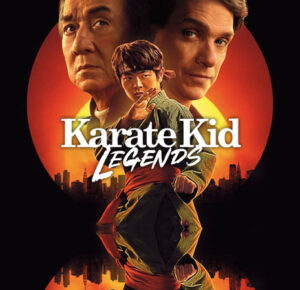

 Pexels – CC0 License
Pexels – CC0 License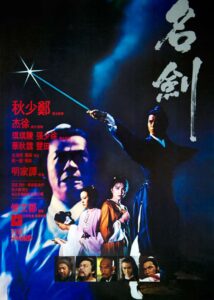

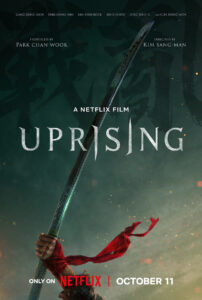
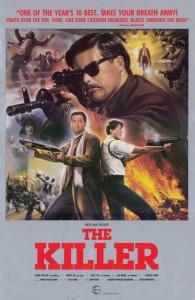

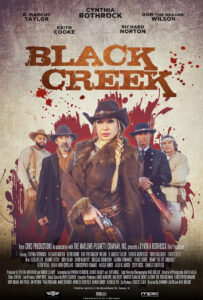

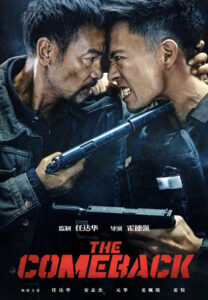



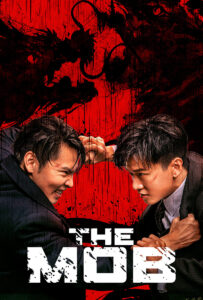
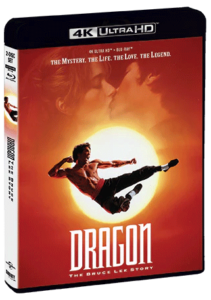



Be the 1st to Comment